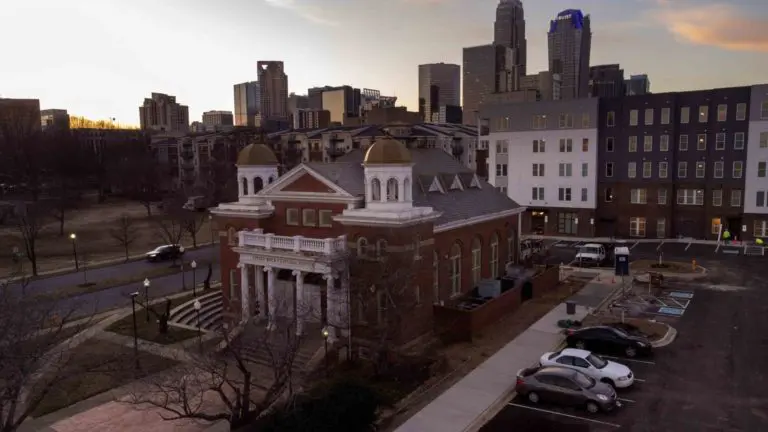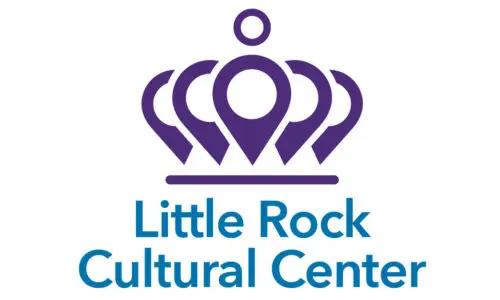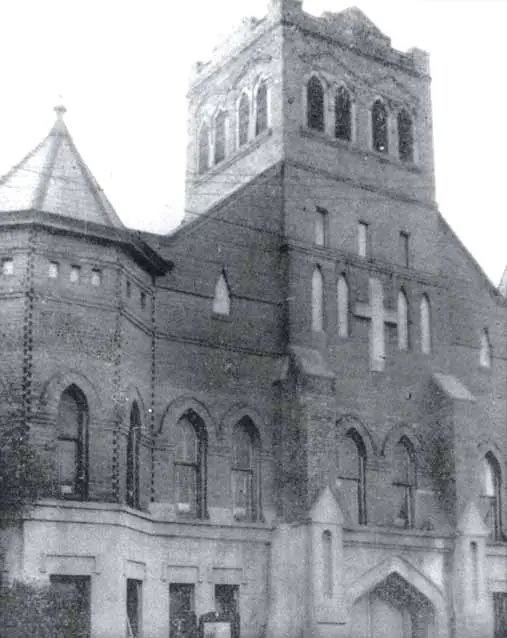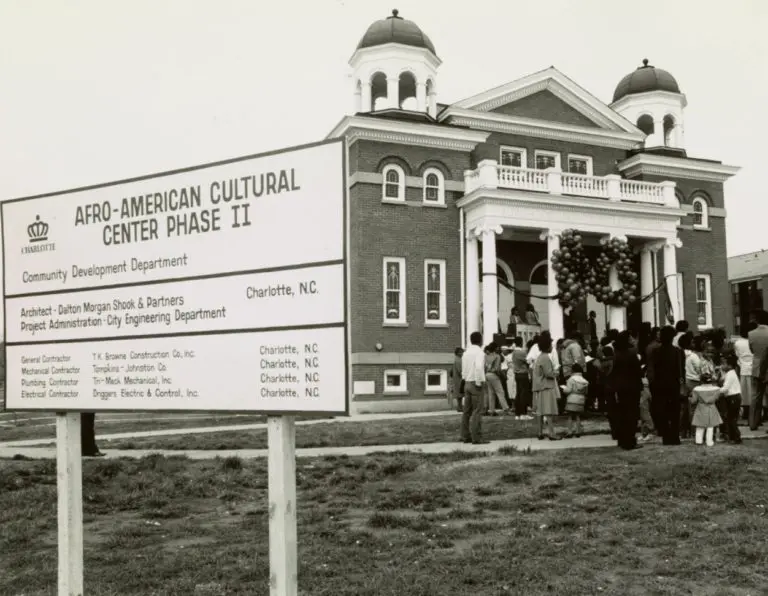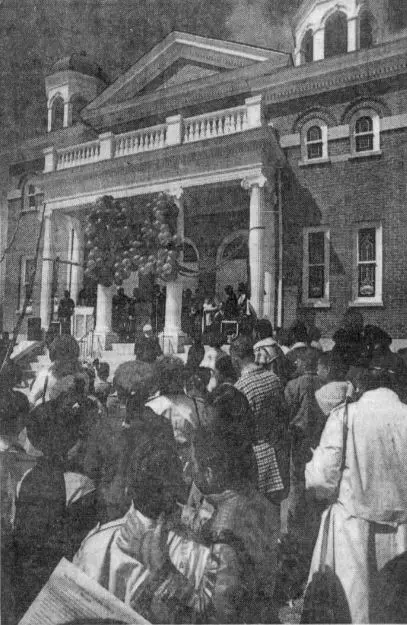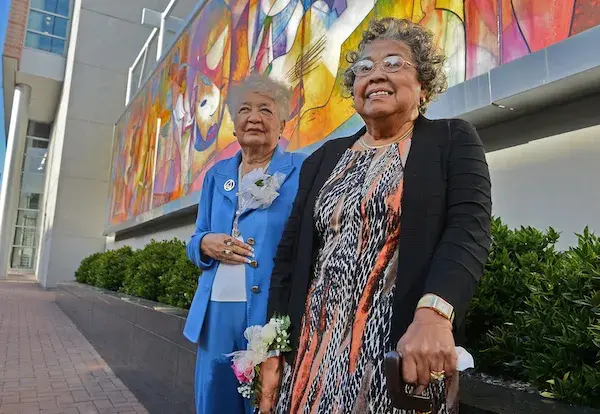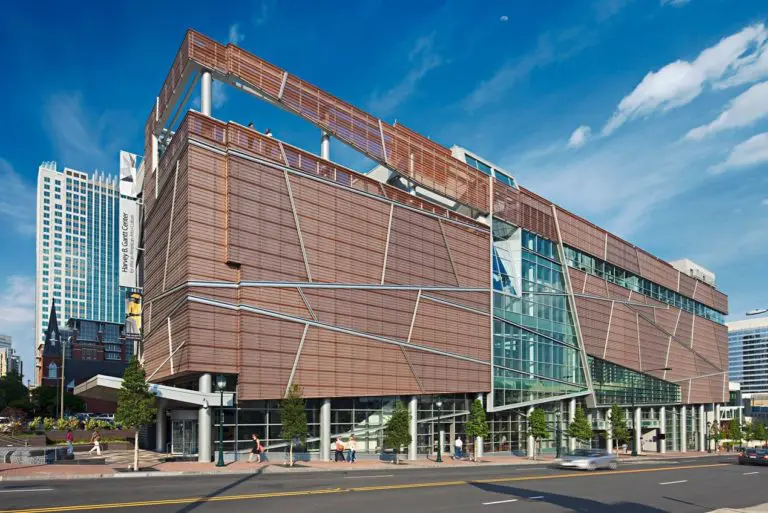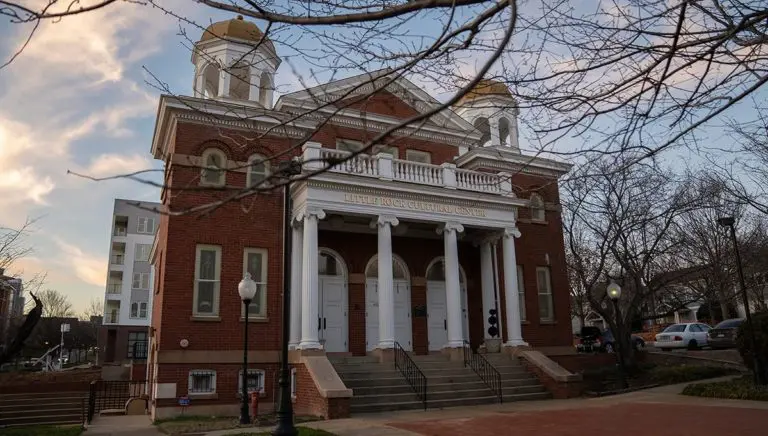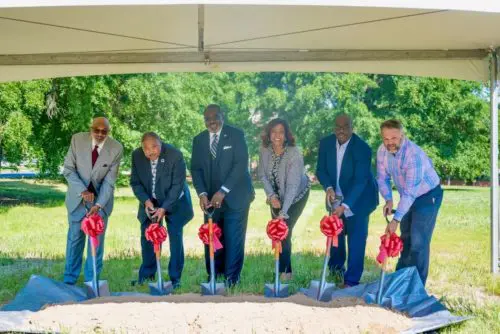Little Rock A.M.E Zion Church is one of Charlotte’s oldest African American churches. Little Rock has had several homes, but one of its most important locations was 401 North Myers Street (originally 403 North Myers Street). Known today as the Little Rock Cultural Center, this site served as a church and later as the Afro-American Cultural Center (AACC).
Little Rock A.M.E Zion Church was a fitting home for the AACC because of the African Methodist Episcopal (A.M.E) Church’s deep connection to the Black community. The A.M.E church reached Charlotte in May 1865 when Edward H. Hill arrived. Hill founded Clinton Chapel, the first African American church in the city. Thomas Lomax arrived in Charlotte in 1873, built upon Hill’s work at Clinton Chapel, and established a second A.M.E church in Charlotte, Little Rock A.M.E. Zion Church in the mid-1870s.
Little Rock first occupied a piece of land on South Graham Street between Second and Third Streets. In 1906, the church moved to the Brooklyn neighborhood on North Myers and Seventh Street. By 1911, a brick church was built, which was impressive as funding for this new $20,000 structure came entirely from the congregation.
The City of Charlotte purchased the Church’s North Myer’s Street location in 1979. It was designated a historic landmark in 1982, then renovated and leased to the Afro-American Cultural Center in 1986. The AACC was established by Drs. Mary Harper and Bertha Maxwell (later Maxwell-Roddey) as an outgrowth of the Black Studies Program at the University of North Carolina Charlotte.
Dr. Mary Harper was an educator who worked in various educational settings, several of which were Charlotte institutions, including Charlotte-Mecklenburg Schools, Johnson C. Smith University, and UNC-Charlotte. In 1971, Dr. Harper integrated UNC-Charlotte’s English department and taught in the Afro-American Studies department. She retired in 1991.
Dr. Bertha Maxwell was a teacher and principal for Charlotte-Mecklenburg School (CMS). In 1968, she was the first Black person to serve as an administrator at a predominately white school. After leaving CMS, she joined the faculty at UNC-Charlotte; she was also the founding director of the Afro-American Studies department.
Dr. Harper realized there was a desire amongst the Black community to preserve their history and culture, especially with the rise of urban renewal. Dr. Harper and Dr. Maxwell both were professors at UNC-Charlotte at the same time. Dr. Harper went to Dr. Maxwell with her idea of an Afro-American Cultural and Service Center (AACSC), which Dr. Maxwell supported. Drs. Harper and Maxwell collaborated with several progressive leaders around Charlotte to form the AACC in 1974.
The AACC initially worked in Spirit Square Center for the Arts on North Tryon Street for ten years. The center launched programs and events like the Afro-American Cultural Festival in Marshall Park and a seven-day Kwanza celebration. Former director Vivian Nivens said, “What we’re out to do here is not just something nice but something essential, and that’s to preserve Afro-American culture and history.” The AACC moved to its 401 North Myers location to expand its programming.
The AACC was the precursor to the Harvey B. Gantt Center for African-American Arts + Culture. For a time, the Gantt Center occupied the Historic Little Rock A.M.E Zion Church at 401 North Myers Street before the completion and opening of its building at 551 South Tryon Street in 2009. The Gantt Center is named for Harvey Bernard Gantt, the first Black student admitted to Clemson University and Charlotte’s first Black mayor.
The Gantt Center upholds and follows the course set forth by its precursor, the AACC, by preserving and highlighting African American culture and arts. Today, the Gantt hosts many exhibits from Black artists from all over the world and hosts programming that explores and celebrates Black culture with exhibits like Welcome to Brookhill (available digitally now), a collection of photographs telling the story of this historically Black neighborhood in Charlotte.
Historic Little Rock A.M.E Zion Church still stands on North Myers and Seventh Street across from its new Church building on McDowell Street. The Seventh Street location still serves the community as the Little Rock A.M.E. Zion Community Development Center. Today, this organization is working to build a rent- and income-restricted apartment complex (Varick on 7th) in Uptown Charlotte. The Little Rock Cultural Center still hosts cultural events where visitors can see things like community festivals, plays, and jazz performances.


